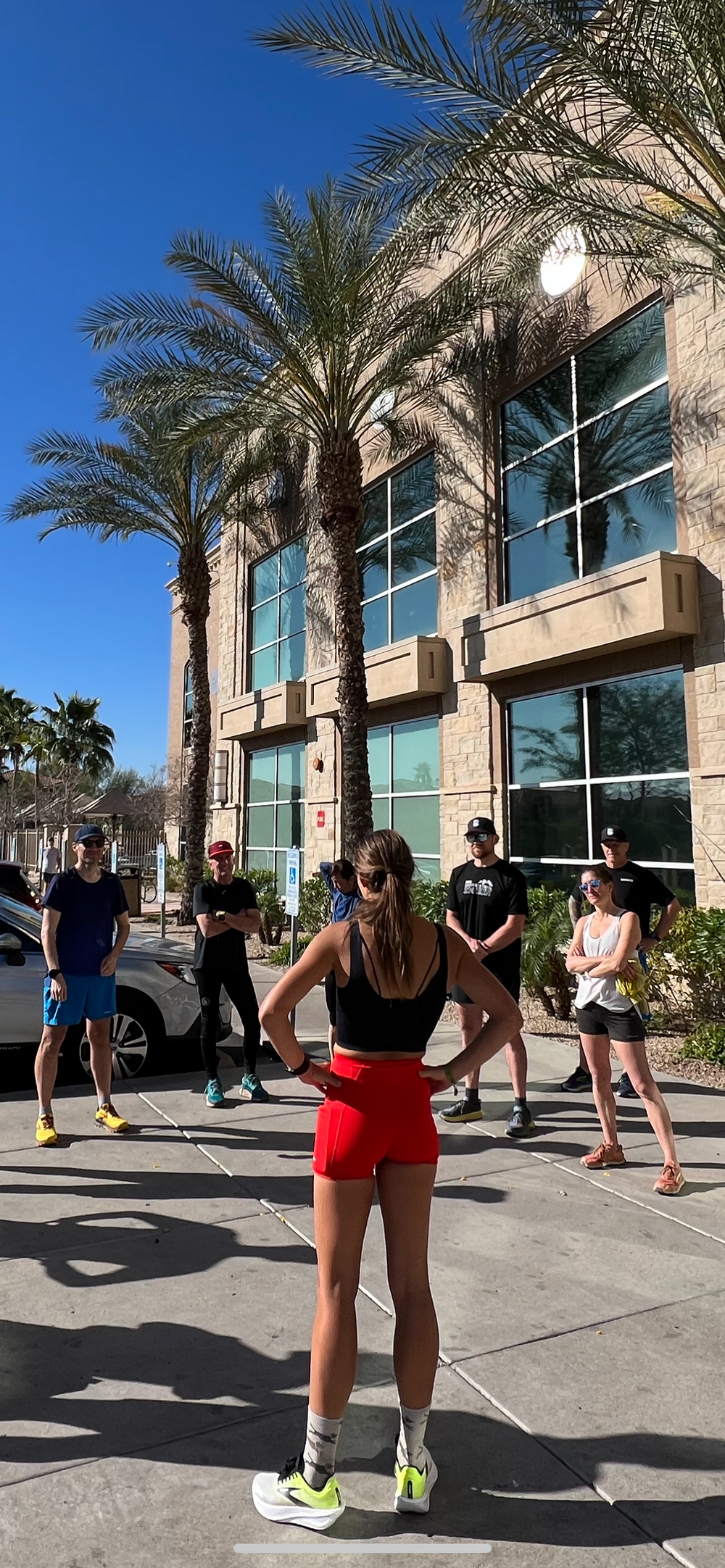Wowza! It's hard to believe that summer is just around the corner. Hope Pass may still be buried under a blanket of snow, but before we know it, the trailhead will be packed with buckle-hopefuls every weekend until the race has come and gone.
As summer quickly approaches, so does the 2022 Leadville Run Camp, where athletes cover the course over three days in thirteen, twenty-four, and twenty-mile runs. All above 10,000 feet and all with significant elevation change. For some, it is the only opportunity athletes have to see the course and to run at altitude before they toe the line in August! It's an important weekend for every Leadville hopeful, but it's crucial to approach camp intentionally to make the most of it. Here are the three biggest things I tell my athletes to focus on when preparing for camp and the most important things to focus on once you are there.
Nutrition
On any course, an ultra-marathon is an eating contest first and a running contest second. The person who can put down and stomach the most calories and hydration is the one who is most likely to perform to their potential. And yet, nutrition is often an afterthought! Neglecting to practice race day nutrition will be the downfall of many (if not most! It is always a contributing factor) who do not make it to 6th Street as a Leadville 100 finisher. Camp is a perfect opportunity to prepare what you think your race-day nutrition might look like and to practice taking those calories in on the course.
Spend a few long runs before you get to camp experimenting with different foods and strategizing what you think you might eat and drink on race day. Make a nutrition plan for each day of camp, trying to replicate race day as closely as possible. Follow the plan you made! Eat even when you don't want to on these training runs, knowing that there will come a time on race day when you absolutely do not want any more food because food is probably what will turn your day around! Take notes at the end of each day, recording what you ate, what you drank, and what worked! Pay attention to how the altitude affects your appetite. Did you get nauseous? I always do! And you probably will too. It's important to eat anyway, and camp is the perfect place to simulate some of those race-day GI discomforts.
The course
While I have raced well without knowing the course before, I always race my best when I know what's coming. And again, the Leadville Run Camp is the only opportunity many have to see the course before toeing the line! Knowing what you are in for when you turn around and climb out of Winfield will be a huge advantage.
But to get the most out of these training days, it's essential to be present on the Leadville course. Instead of listening to a podcast, think about where you are running and what it might feel like at mile forty. Think about what problems you might encounter in the different sections of the course, and work through them as you run. Pay attention to the terrain, the smells, the temperature, what the altitude feels like on every part of the course. By being present, you are being intentional, and that is the attitude you want to take with you on August 20th, 2022.
After camp, use your new course knowledge to visualize the different sections. Visualize yourself hiking up Powerline at mile eighty. It's hard, but you feel strong. Visualize yourself making a quick turn around at the Winfield aid station. What do you plan on picking up there from your drop bag? Imagine yourself grabbing what you need efficiently and turning around to face Hope Pass, knowing what's ahead and knowing that you are well fueled and can do it.
Be sure to visualize the things that might go wrong and work through what you will do to problem solve on race day! There is a lot of value in knowing the details of the course, and working through what you foresee might be a challenging section.
Camp will feel hard but don't let that discourage you!
During the Leadville Run camp, you will cover over sixty miles in three days, all on technical trail, above 10,000 feet, and while traversing mountainous terrain. That will feel hard! And it should, it's a huge weekend! But coming out of that weekend feeling tired may be discouraging, knowing that while camp felt hard, 100 miles on that course will feel way harder.
That is scary! But I think it is good to go into Leadville with a touch of fear, and camp is a valuable reality check! Failing to acknowledge and respect how hard finishing Leadville in under 30 hours actually is will be the root of many DNFs.
The camp will be hard, and finishing Leadville will be harder. But instead of letting that discourage you, let it be your superpower. After camp, you will know what is coming, and you will be prepared for it to hurt. Accepting that now and leaning into it at camp will prepare you to cope with the hurt on race day, while many underprepared will shy away from it. So after camp, feel empowered by how hard it is. You can do hard things.

